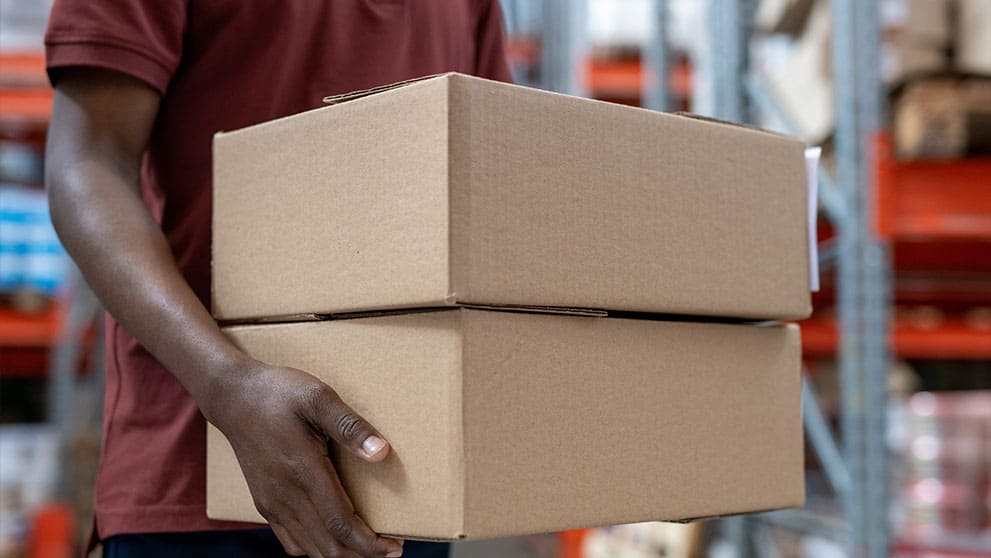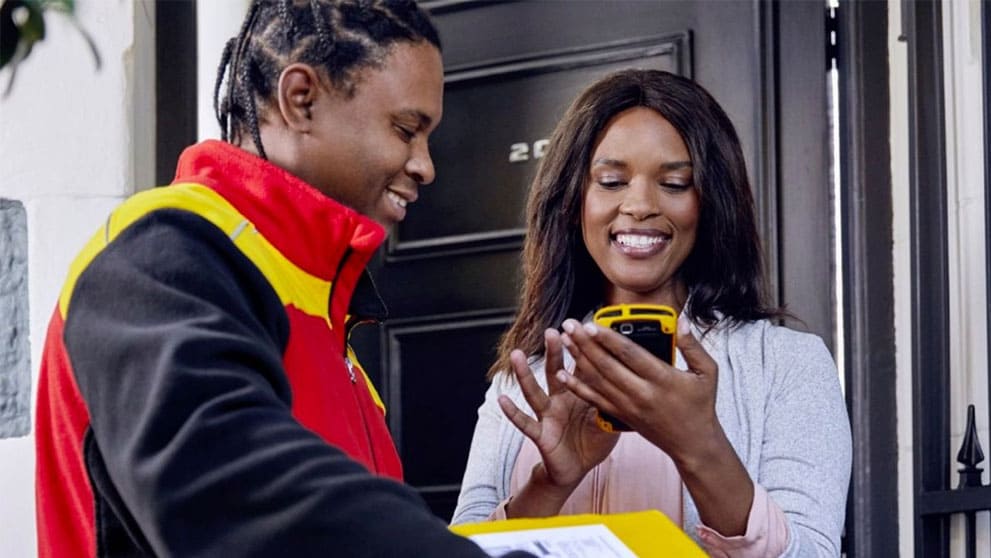Kenya's e-commerce sector is currently experiencing rapid growth, driven by increasing internet penetration and a young, tech-savvy population. However, the final stage of delivering goods to customers, known as the "last mile," remains a significant barrier.
This stage is often the most complex and costly due to factors such as poor road infrastructure, security concerns, and logistical challenges. To truly unlock the potential of Kenya's e-commerce market, innovative solutions are needed to streamline last-mile delivery.
Last Mile Hurdles: What Are They Anyway?
Last-mile hurdles refer to the challenges faced in the final stage of delivering a product to a customer. This is typically the most complex and expensive part of the delivery process, especially for businesses dealing with physical goods.
This crucial stage, where products reach the doorsteps of customers, presents unique challenges in the Kenyan context. Understanding these hurdles and exploring innovative solutions is essential for e-commerce businesses to unlock their full potential and deliver a satisfying customer experience.
Several factors contribute to the complexity of last-mile delivery in Kenya. Here's a closer look at some key obstacles:
Road Infrastructure: Road infrastructure limitations, including poor roads, inadequate signage, and chronic traffic congestion in urban areas, significantly impact delivery times and costs. In rural areas, the complete lack of proper roads hinders access to a vast potential customer base. Navigating these challenges requires efficient route planning and potentially alternative modes of transportation in remote areas.
Security Concerns: Security is another critical concern. The prevalence of cash-on-delivery as a payment method exposes couriers to risks, particularly in informal settlements and areas with limited law enforcement. This not only increases the costs of last-mile delivery but also deters some customers from engaging in online shopping altogether.
Recipient Availability: Busy schedules and unpredictable routines can make it difficult for customers to have predictable schedules, and create a challenge with coordinating deliveries to customers, thanks to Kenya's dynamic urban lifestyle. Also, the lack of a standardized addressing system leads to wasted trips and frustrated customers.
These challenges collectively translate into higher delivery costs, delayed timelines, and ultimately, a less-than-ideal customer experience. Addressing these issues requires innovative thinking, strategic partnerships, and a commitment to building trust with consumers.

Delivery Innovation: Redefining the Last Mile in Kenya
Despite the challenges, Kenya's e-commerce sector is seeing an explosion of creative solutions to improve last-mile delivery. Let’s take a look at some of these exciting developments transforming the landscape:
Mobile Tracking Apps: Mobile tracking apps allow customers to monitor deliveries in real-time, enhancing convenience and reducing wait times. Customers can plan their day around the estimated delivery window, leading to a more positive experience.
Cashless Payments: The shift towards cashless payments, facilitated by platforms like M-Pesa, minimizes security risks and streamlines the delivery process. It also encourages more customers to try online shopping. This also speeds up transactions and reduces reconciliation complexities.
Micro-Fulfillment Centers: Emerging trends like micro-fulfillment centers, where inventory is stored closer to urban areas, enable faster and more cost-effective deliveries. This reduces the reliance on centralized warehouses and improves overall logistics efficiency and improved delivery times in densely populated areas.
These innovations, coupled with a growing tech-savvy population, are paving the way for a more efficient and customer-centric last-mile delivery ecosystem in Kenya.
DHL: Strategic Partner for Kenya’s E-commerce Growth
DHL, a global leader in logistics, plays a pivotal role in supporting Kenya's e-commerce expansion. With a deep understanding of the Kenyan landscape and extensive global expertise, DHL offers tailored e-commerce solutions to help businesses navigate last-mile challenges through some of the following means:
DHL eCommerce Solutions: DHL's comprehensive eCommerce Solutions suite provides businesses with access to a robust international network, strategically located warehousing facilities across Kenya, and customized last-mile delivery services to the Kenyan market.
Investment in Technology: By investing in cutting-edge logistics technology, DHL enhances transparency and efficiency. Real-time tracking, route optimization, and advanced analytics empower businesses to offer superior customer experiences, and build trust.
Local Partnerships: Recognizing the importance of local knowledge and players, DHL collaborates with established Kenyan delivery companies and logistics providers. This partnership approach ensures smooth last-mile operations and a deep understanding of local market nuances.
Through these initiatives, DHL positions itself as a valuable partner for Kenyan e-commerce businesses, helping them overcome last-mile hurdles and achieve sustainable growth in a competitive market. Interested in these benefits? Simply open an account with DHL today.

The Future of Delivery: Embracing Change in the Kenyan E-commerce Landscape
The future of last-mile delivery in Kenya's e-commerce landscape is ripe with possibilities. Technological advancements and evolving consumer expectations will continue to shape the landscape.
There are two interesting things to look out for in the near future:
Drone Deliveries: As technology advances and consumer expectations evolve, drone deliveries could revolutionize the way goods are transported in both urban and rural areas. Traditional delivery methods often struggle in these locations, facing challenges like poor road conditions, traffic congestion, and a lack of established addresses. Drone technology, however, bypasses these hurdles by utilizing airspace, offering a faster and more efficient solution. While regulatory frameworks need to be established, drone technology could significantly improve delivery timelines and accessibility, particularly for essential medical supplies and time-sensitive goods.
Electric Vehicles: The shift towards electric vehicles for deliveries aligns with Kenya's sustainability goals and can contribute to reduced costs and a cleaner environment. By transitioning from traditional fuel-powered vehicles to electric vehicles, e-commerce businesses can significantly reduce their carbon footprint and contribute to a cleaner environment. Also, e-commerce companies adopting electric vehicles will gain a competitive edge.
By embracing these innovations and overcoming current challenges, Kenya's e-commerce sector can unlock the full potential of last-mile delivery. This will not only enhance customer satisfaction but also propel the industry forward, creating a more connected and efficient digital economy.
- https://www.supplychainbrain.com/blogs/1-think-tank/post/32800-last-mile-delivery-challenges-and-how-to-solve-them
- https://etradeforall.org/news/logistics-update-africa-getting-past-the-hurdles-to-the-last-mile/
- https://www.wisesystems.com/blog/how-micro-fulfillment-centers-facilitate-more-efficient-last-mile-delivery/
- https://www.dhl.com/global-en/home/our-divisions/ecommerce.html
- https://weetracker.com/2024/03/08/rapid-rise-emobility-kenya/





